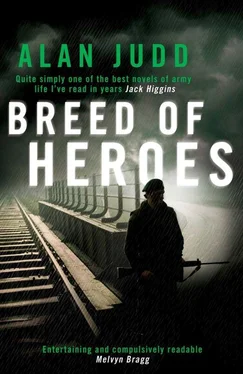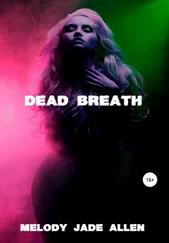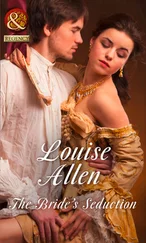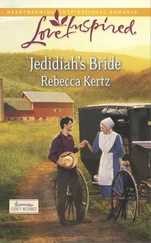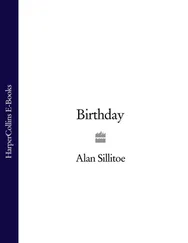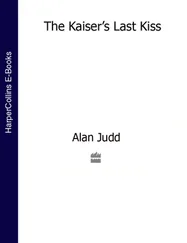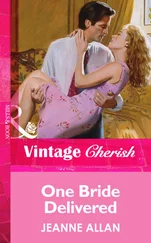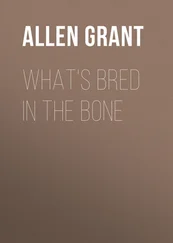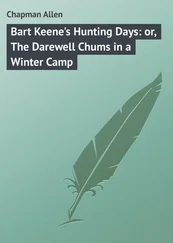‘People say he’s mad,’ said Henry.
‘I think he might be.’
‘I thought the people who said that were mad, so Christ knows what he’s like. Thank you, yes, a glass of white wine. It’s usually the best thing for my condition.’
Charles had a gin and tonic — one of the few Army habits he had acquired easily — and they went and sat in a corner. Henry lit another cigarette, not very steadily. ‘It’s not so much last night,’ he explained, ‘as the trauma of the last eight weeks. I’ve just finished my parachute course which terrified me and I never want to parachute again. They said I was the worst one in living memory. Apparently I land spread-eagled like a crab, though I don’t know because I always shut my eyes. And before that was BSTC.’
Charles had no difficulty in sympathising. BSTC — Battle Selection Training Course — was the four-week selection course for the Assault Commandos with a failure rate of four-fifths. The first ten minutes of the first day were spent seal-crawling and bunny-jumping across the huge gym in Tidworth, after which they were given three minutes to go out and be sick. From then on it had got steadily worse. Looking back, Charles did not know how he had survived it. He had somehow muddled through by emptying himself of all thought or feeling for a month and never looking any further ahead than the next NAAFI break, when there was one. Officers in the Depot Mess who were doing BSTC were always conspicuous by the difficulty they had in getting up and down stairs, by their silence during meals, their occasionally alarming injuries and their practice of going to bed at about eight-thirty. Henry still had that mindless, gentle look that everyone acquired after the first week or so.
‘It was the worst thing I’ve ever done,’ he said. ‘Even worse than the parachuting and the sea-landing from submarines. I still dream I’m on it. I think I only got through because they needed another doctor so urgently. They said they were being kind to me and I think they probably were. I collapsed in tears pulling the Land-Rover up that mountain in Wales and three of the NCOs kicked me to my feet, four times. I suppose it was kind of them, really. They could have failed me. Also, I was knocked out in the boxing.’
‘So was I.’ Charles was glad to find someone who appeared to have suffered like himself. He wasn’t sure whether everyone else was bone-hard or whether it was simply not done to mention such things.
The two men became aware that the loud talk from the CO’s end of the bar was fading, and whilst they were still looking about it died altogether. This sudden loss caused other, lesser, conversations to falter and fade. The bar was silent. Soldiers and civilians alike looked awkwardly at each other; it was as though someone had died. The CO’s face wore a look of frozen disgust. For a moment Charles thought that the gaze was directed at him and then that it was directed at the doctor who at the very least must have exposed himself or been horribly sick. But the doctor had done neither of these things and looked as uncomfortably puzzled as everyone else. The only sound was the hum of the ship’s engines.
‘Get out,’ said the CO, his voice low and taut with anger. ‘Get out and get dressed.’
Charles looked over his shoulder expecting to see a naked officer but saw only John, his fellow subaltern, blushing violently. ‘I’m sorry, sir,’ said John, in a voice that was higher than usual. ‘I thought it was shirt-sleeve order.’
‘Get out!’ The CO’s voice made everyone stiffen and visibly startled the civilians. John left hurriedly, the CO turned back to the bar and conversation was hesitantly resumed.
‘What had he done?’ asked Henry.
‘He wasn’t wearing his pullover.’
‘Jesus Christ!’ Henry’s response was loud enough to bring all conversation to another temporary stop. He and Charles buried their faces in their drinks.
When they went in to dinner, Charles caught Edward Lumley’s eye. Edward was clearly despairing. Once again, C company had publicly sinned; once again, his career was in jeopardy. He went through several crises a day. Charles grinned cheerfully at him.
At dinner they shared a table with a married couple from Belfast. The couple ran a business concerned with central heating systems and the husband had served with one of the airborne divisions during the war. He was plump, jolly and balding; his wife was also plump but had dark hair and dark eyes that stared with disconcerting directness at whoever she was talking to. It was difficult to tell whether she was unaware of it or was trying rather unsubtly to be noticed. They were both very friendly and talked about Northern Ireland for most of the time that they were all waiting to be served.
‘Where exactly are you going?’ asked the man.
‘Killagh for three weeks, then on to West Belfast,’ said Charles.
‘That’s a very bad area, one of the worst, as you’ll no doubt know already.’
‘Don’t judge us all by what you meet there,’ added his wife, with a smile that made her eyes glisten.
The husband leaned forward across the table. ‘You could end the troubles tomorrow if you wanted. All you have to do is shoot two thousand Catholics. I think two thousand would be enough, don’t you, dear?’
‘That would be about right, I think, yes.’
They were joined by Anthony Hamilton-Smith, the only man on the ship to be wearing a dinner-jacket. ‘Almost missed dinner. Nodded off on me bunk, would you believe? Old habits are hard to break, even at sea on the way to the Emerald Isle. Wine for all, I take it?’ Regimental histories were one of Anthony’s interests and when he discovered the husband’s military past there was much rejoicing and more wine. After dinner he and the husband moved off to the bar and the wife excused herself, saying she was sure the men would prefer to talk men’s things. Henry took himself off and Charles went for a walk on deck.
It was cold, wet and bracing. The ship heaved and rolled as she ploughed into the night, though not enough to cause discomfort. There were a few other strollers and Charles stood behind one for some minutes in the drift of his cigar smoke, which mingled with the tang of the sea. He returned to his cabin and, on opening the door, saw Henry on his bunk with the businessman’s wife. He closed the door and went for another walk on the deck. This time he stood in the bows and felt the spray on his face and hair. When he returned to the cabin again he knocked and Henry, now alone, opened the door.
Henry’s pale face was slightly less pale and he grinned boyishly. ‘Sorry to have kept you out, Charles.’
‘You didn’t.’
‘I meant to. I was in such a hurry I forgot to lock the door.’ He sat down on his bunk and giggled. ‘I saw it was there, you see, for either of us. But you didn’t seem interested. Were you?’
‘No. Yes. I don’t know. I might have been.’ Charles paused. ‘No, I wasn’t.’
‘That’s good. I was a bit worried in case you thought I’d cut you out. Which is what I did, of course.’ He rocked backwards and forwards, giggling helplessly. ‘I don’t often do things like that, really I don’t. Just — just whenever I get the chance. I needed something, you see, to wake me up. I feel much better now. I’m sure it’s physiologically and psychologically beneficial. I haven’t offended you, have I?’
‘’Course you haven’t.’ Charles thought he must sound pompous and strained. ‘In fact, I rather envy you.’
‘You did fancy her, then?’
‘No.’
‘It must be an ego thing.’
‘I think it probably is.’
‘It’s partly that with me. I’m always afraid of not doing things that afterwards I might wish I had done, so I do all sorts of crazy things that afterwards I wish I hadn’t.’
Читать дальше
